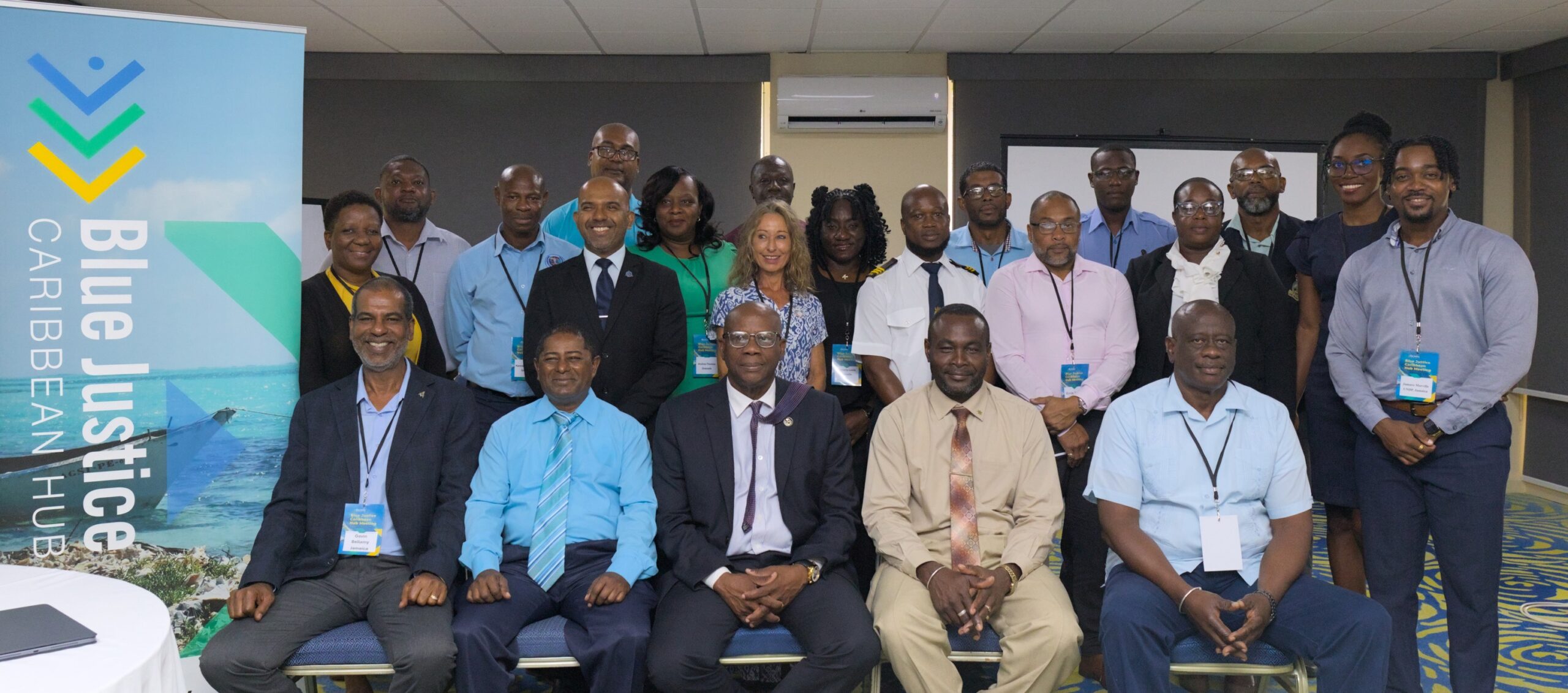
Radisson Grenada Beach Resort, 29–30 April 2025 — The Blue Justice Caribbean Hub supported Grenada in taking a major step forward in the fight against transnational fisheries crime with the facilitation of a two-day capacity-building workshop focused on strengthening inter-agency cooperation.
The workshop was facilitated by the Hub and co-hosted by the Grenada Ministry of Agriculture and Lands, Forestry, and Cooperatives, the Blue Economy and Marine Affairs with support from the United Nations Development Programme (UNDP) Blue Resilience project in cooperation with the UNDP Jamaica Multi-Country Office.
The workshop marked the third official meeting of Grenada’s newly established Multi-Agency Task Force on fisheries crime, which includes representation from customs, coast guard, fisheries, police, port authorities, health, and the financial intelligence unit. It was launched in 2024 following Grenada’s participation in the Blue Justice Community Gathering in Norway.
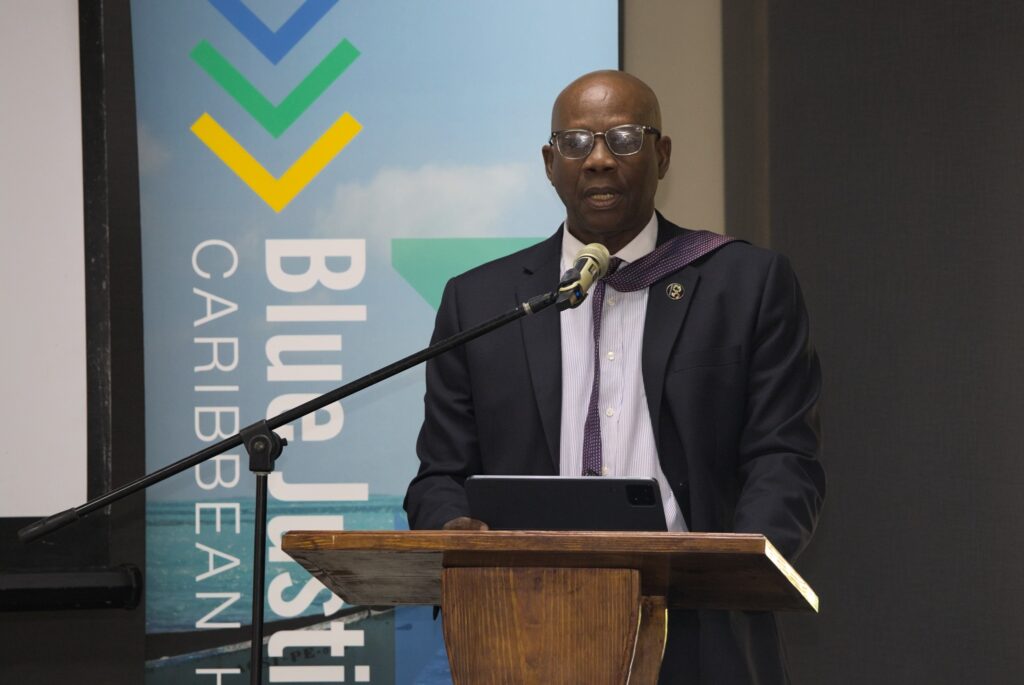
Enhancing cooperation
“Grenada is happy to join forces with the regional and international community,” said Hon. Lennox Andrews, Grenadian Minister for Agriculture and Lands, Forestry and Cooperatives, the Blue Economy and Marine Affairs. “We lend our voice to raising awareness and strengthening collaboration to confront the threat to food security and our very existence. This challenge must be viewed through the lens of small island states striving for meaningful social and economic independence through the sustainable use of ocean resources.”
Representatives from Jamaica, St. Vincent and the Grenadines and CARICOM IMPACS also took part, contributing to a dynamic exchange on how to enhance cooperation across maritime borders. Experts from Jamaica’s Multi-Agency Mechanism, a key reference point for the workshop, shared lessons learned on building a sustainable institutional response to fisheries crime.
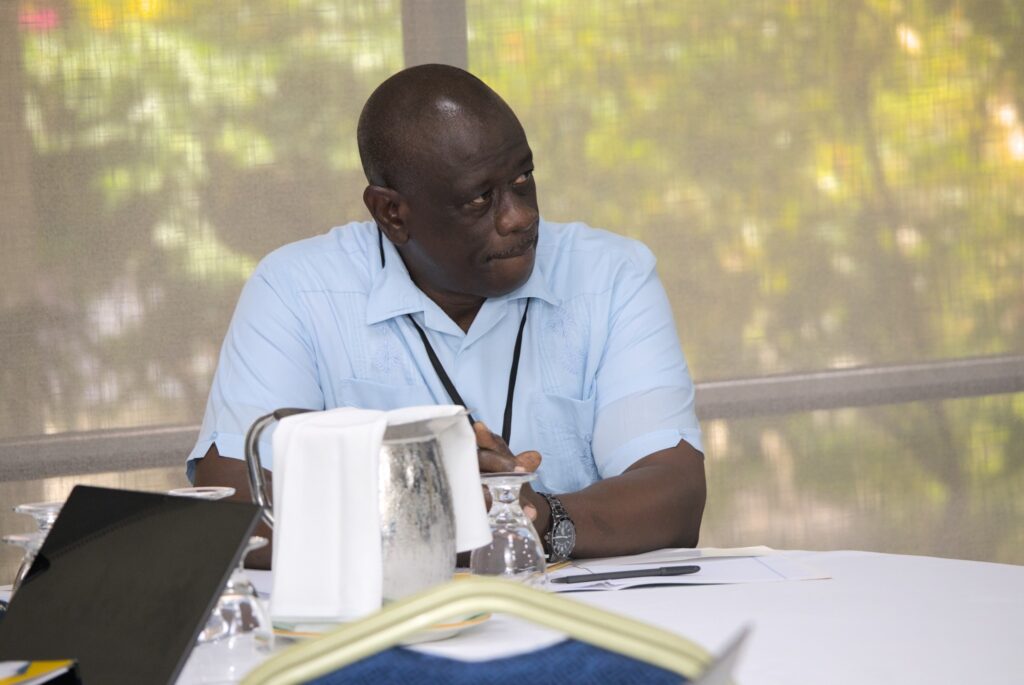
“This initiative will help Grenada formalize and strengthen the Task Force at the national level,” said Mr. Justin Rennie, Chief Fisheries Officer in Grenada. “We now have a structure with clear roles—fisheries, customs, coast guard, health, and others—working together. The presence of regional peers has helped us build confidence, connections, and capacity.”
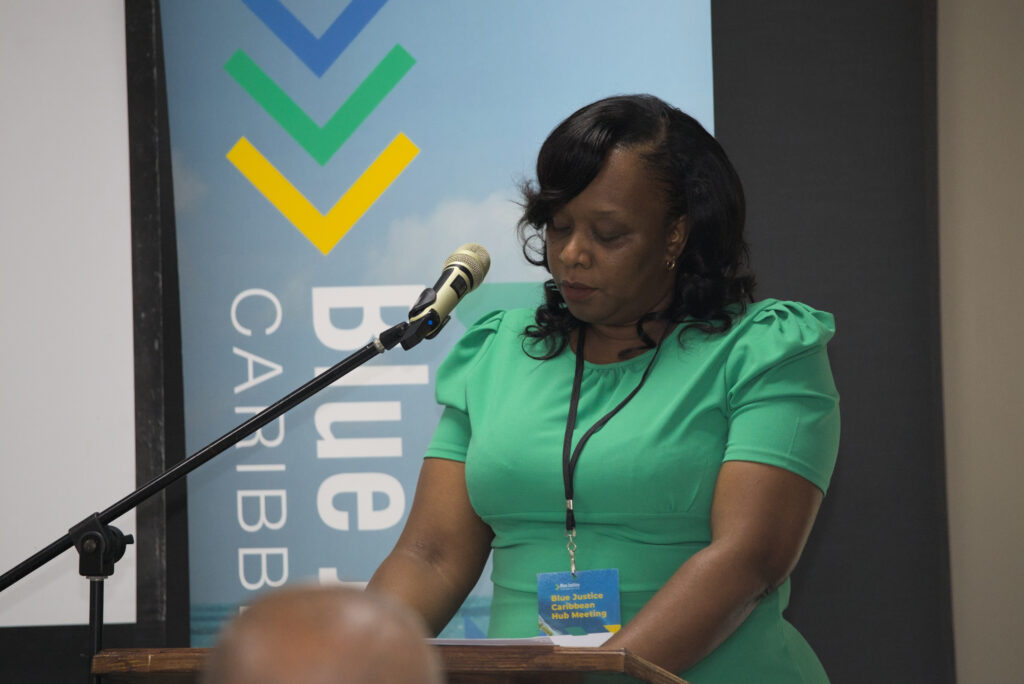
“Why together? Because no single agency holds all the pieces of the puzzle,” said Andrea Thomas, lead coordinator of the Grenada Task Force and representative of the Ministry of Agriculture, Fisheries. “The threats we face are complex, interlinked, and dynamic. Only through true collaboration can we effect change. This is where capacity building comes in. We must invest in each other. Through training, joint exercises, shared technology, and open communication, we build the skills and systems that allow us to move as one—swiftly and strategically. Together, we can achieve more.”
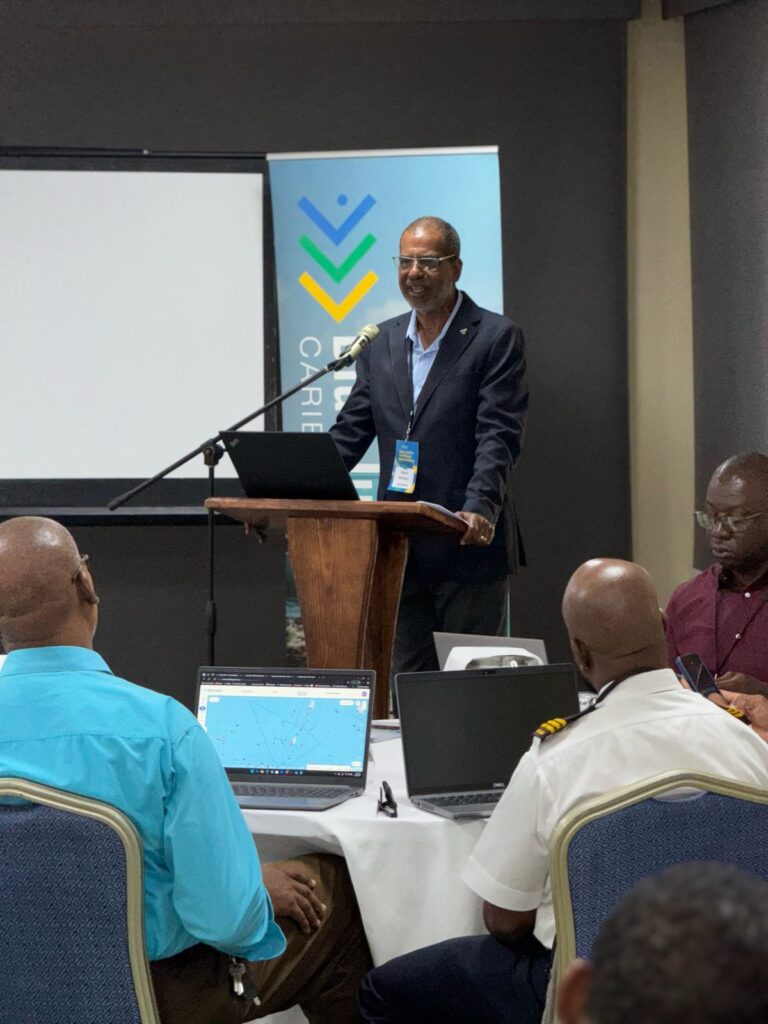
“We are here to work together, using our knowledge and experience to chart the way forward for an effective and efficient multi-agency mechanism,” said Dr. Gavin Bellamy, Head of the Blue Justice Caribbean Hub Secretariat. “This is not a top-down workshop—the insights and expertise from the participants will lead the process as we strengthen regional and national cooperation in the fight against IUU fishing and organized crime in the fisheries sector.”
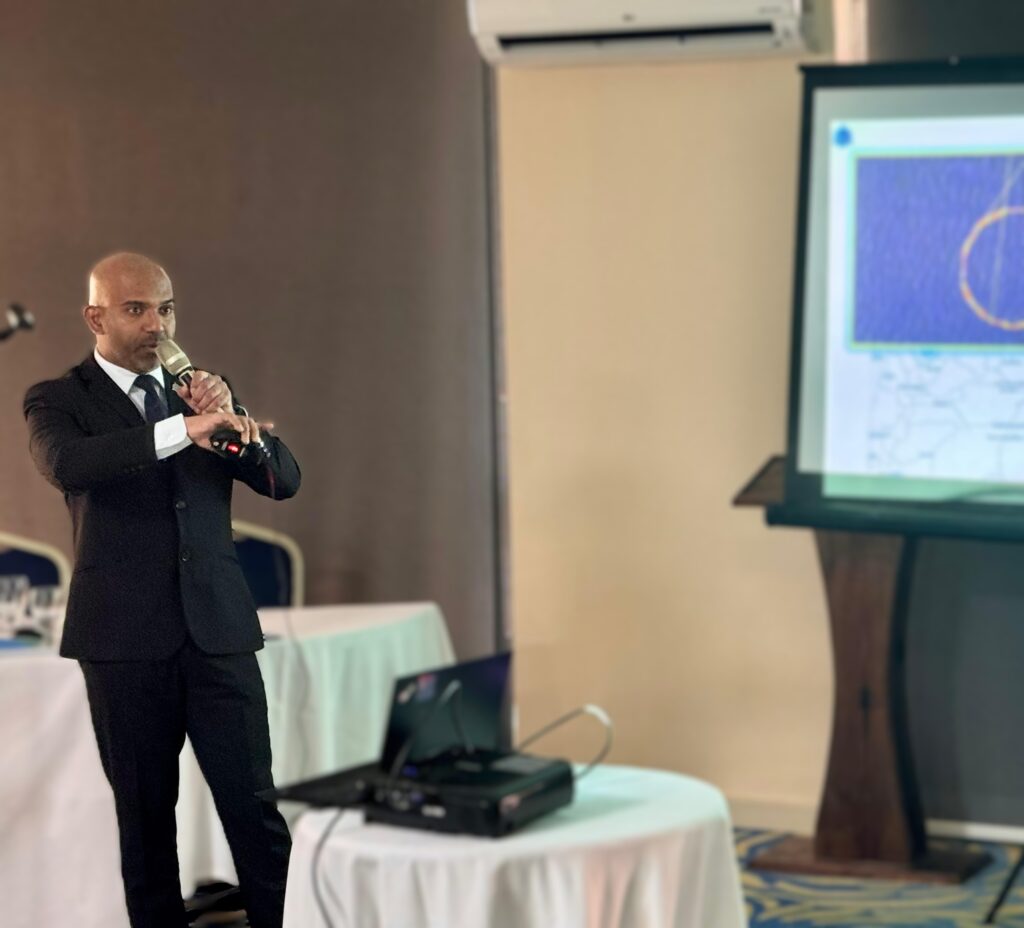
Scenario-based exercises
Participants engaged in interactive scenario-based exercises facilitated by the BJCH Secretariat in cooperation with CARICOM IMPACS using the digital tools on the Norwegian-owned Blue Justice Community digital platform, which administered by UNDP Blue Resilience. These hands-on sessions focused on real cases —vessel tracking, document fraud, illicit trade—and strengthened users’ ability to augment detection and analysis of suspicious vessel activity by harnessing open-source intelligence. Virun Lutchman, Maritime Analyst, CARICOM IMPACS, stated “These practical scenario-based exercises serve to enhance interoperability between participating agencies while simultaneously updating participants on regional threats and trends in the maritime space.”
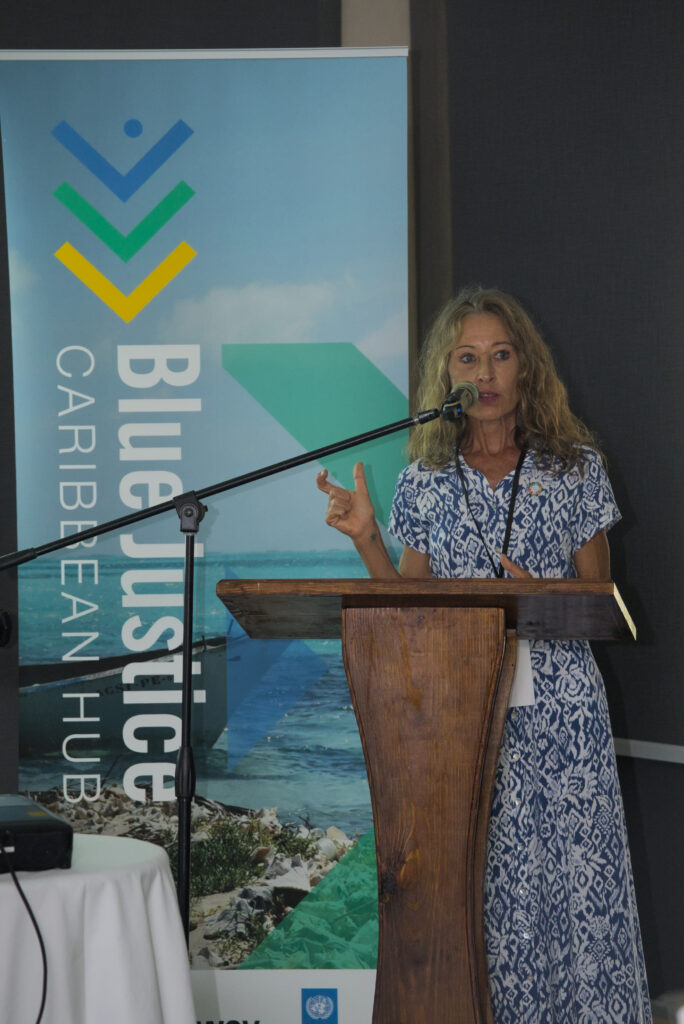
“The secure digital platform enables agencies to communicate and coordinate in real time across borders,” explained Dr. Emma Witbooi, Project Manager, UNDP Blue Resilience. “It’s a practical tool that builds trust and facilitates proactive responses—supporting a broader transition toward a sustainable ocean economy.”
The workshop is part of a wider effort under the Norwegian-funded Blue Justice Initiative, which supports countries globally in addressing organized crime in the fisheries sector through international cooperation and institutional strengthening, in line with the International Declaration against Transnational Organized Crime in the Gobal Fishing Industry (Copenhagen Declaration).